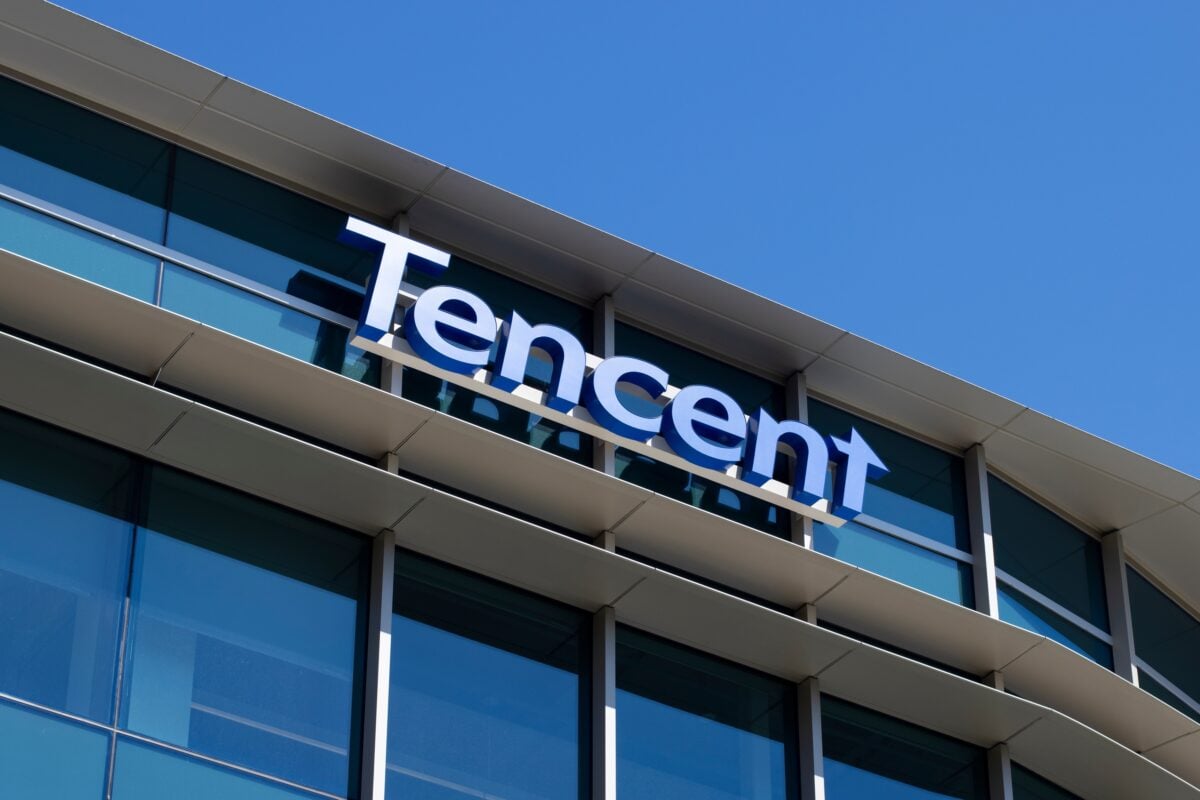TLDRs;
Contents
- Tencent rolls out new parental controls during China’s two-month summer break to reduce minor gaming addiction.
- The initiative includes real-time monitoring, customizable playtime limits, and educational tools for families.
- This move aligns with China’s long-standing regulations that restrict minor access to online games.
- Tencent’s efforts reflect a growing global trend toward stronger digital safeguards for young users.
Tencent Games has launched a new summer initiative aimed at helping parents better regulate their children’s gaming behavior during the extended school break.
With minors now having more free time and screen exposure likely to rise, the company is offering a suite of parental tools designed to limit gaming hours, track usage in real-time, and promote healthier digital habits.
The campaign focuses on strengthening family oversight at a time when concerns about gaming addiction typically peak. The two-month-long school holiday in China often coincides with a surge in online activity among minors, which has prompted both regulators and gaming firms to take proactive measures. Tencent’s summer move appears to be a direct response to both growing parental concerns and the country’s continuing regulatory push.
China’s strict regulations continue to shape industry behavior
Tencent’s new measures are consistent with the broader regulatory environment in China, where the government has enforced some of the world’s toughest rules on youth gaming. Since 2019, restrictions have included a 90-minute daily limit on weekdays, a gaming curfew between 10 p.m. and 8 a.m., and monthly spending caps based on age.
Rather than waiting for new directives, Tencent has taken a self-regulatory stance by introducing enhanced tools for families. This includes customizable time limits, educational content for parents, and integration with schools to raise awareness about screen time and online behavior. These additions reflect Tencent’s strategic alignment with government goals while attempting to foster a more responsible gaming culture.
Real-time control and education are central to Tencent’s approach
What sets Tencent’s program apart is its emphasis on direct parental involvement. Parents can now access real-time reports of their children’s gaming hours, adjust playtime limits on the fly, and access materials designed to help guide conversations about healthy gaming. This blend of technical control and educational outreach shows a shift toward empowering families to take more active roles in their children’s digital lives.
Research has shown that family-based interventions can significantly reduce problematic gaming behavior. One study involving over 300 students found that when parents were equipped with both monitoring tools and learning resources, children showed better self-control and reduced signs of addiction. Tencent’s initiative appears to build on this model by combining real-time controls with awareness campaigns.
Industry trend points to increased global focus on youth protection
Tencent is not alone in its efforts to safeguard younger users. Globally, gaming and social media companies are under increasing pressure to enforce child safety standards. YouTube, for instance, recently raised the minimum age for live streaming to 16. Similarly, platforms like Roblox have enhanced parental control dashboards to allow parents more visibility and control over their child’s gaming behavior.
While China’s regulatory regime is more rigid than most, companies worldwide are converging around similar goals, limiting excessive screen time and protecting minors from digital harm. Tencent’s summer initiative shows how large platforms are responding not only to legal mandates but also to societal expectations around responsible tech use.


